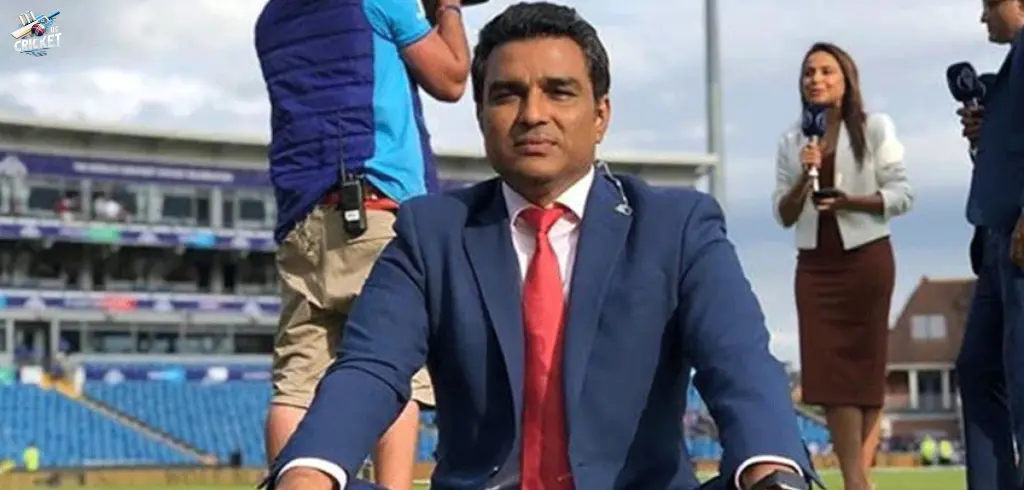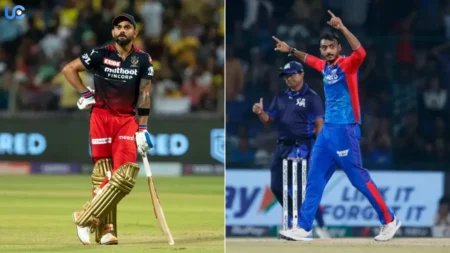Exploitation would appear to be on everyone’s lips nowadays. The stories of the upper echelons of the old cricket world falling for scams continue to be heard repeatedly. Sanjay Manjrekar, a once-renowned cricketer of India durably changed into a cricket commentator and analyst, made a holy show-to-be-arrested upon meeting an online fraud. However, when everything seemed wrong to him, he eluded making himself a victim of the scam. He explained this on social media platform X (formerly called Twitter).
Got WhatsApp msg from an acquaintance asking for 25K. Knew his no was hacked. So replied, how do you want me to pay, Gpay ok?
— Sanjay Manjrekar (@sanjaymanjrekar) February 11, 2025
Promptly a no was sent asking me to send a screen shot after payment. I replied, can I please pay you 2.5 lacs? No more messages after that. 😁
Among the most popular devices for scams online is WhatsApp. The bearer sometimes impersonates someone else to beg for funds while they sometimes pose as a relative, needing you urgently to send funds. In the case of Manjrekar, the latter applied.
“I got WhatsApp msg from an acquaintance who wanted 25K. I knew his number was hacked. So I replied asking how do you want me to pay, Gpay ok? Promptly came back saying no and asking me to send a screenshot after paying. I replied, can I please pay you 2.5 lacs? No more messages thereafter,” said Manjrekar on social media.
They sent me a WhatsApp message from an acquaintance asking for 25K. I knew his number was hacked. So I replied, how do you want me to pay, Gpay ok?
Promptly a no was sent asking me to send a screenshot after payment. I replied, can I please pay you 2.5 lacs? No more messages after that.
According to a survey done in 2024, nearly half of India has already experienced financial fraud in the last three years.
The survey says 47% of Indians have been victims of one or more financial frauds in the last three years, the most frequent forms being UPI and credit card, according to news agency PTI.
A survey conducted by Local Circles, in which 23,000 respondents from 302 districts participated, stated that more than half of the respondents also had unauthorized charges on their credit cards, both from domestic and international merchants/websites.
These findings indicate that it is time to put safeguards into place and educate consumers on how to avoid fraud, the statement said.




